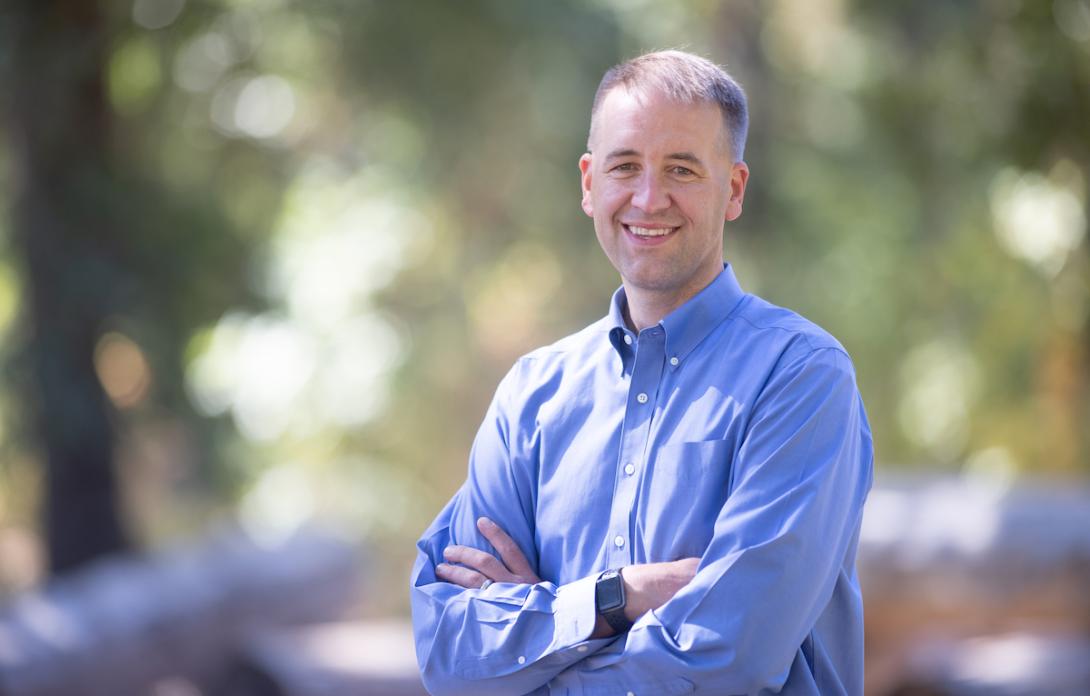
As Oregon continues to contend with the pandemic, health care workforce shortages, and the impending loss of Oregon Health Plan coverage for hundreds of thousands of people, the state’s next governor will have no shortage of health care crises to tackle.
The Lund Report reached out to top contenders in the 2022 gubernatorial race to see how they’d address the state’s most pressing problems related to health care. Here’s how Democratic candidate and state Treasurer Tobias Read replied to our questions:
What specific policy would you pursue to improve health care for Oregonians?
We need to invest more in preventative care, which means continuing to work with coordinated care organizations and other providers to incentivize health outcomes. That means we need to better integrate mental and behavioral health, as well as preventative dental care, into our delivery models. And we need to be much more aggressive about getting our addiction and recovery dollars out to the door and into providing treatment to those who need it. Finally, we should be looking to create more wrap-around services for our homeless population, many of whom turn to our emergency rooms for care at a much greater cost.
Oregon is simultaneously in the midst of addiction and behavioral health system crises. What is your plan for ensuring Oregonians have access to treatment when they need it?
Nearly 1 in 5 Oregonians struggle with substance abuse, yet we rank 50th in access to treatment. This is an ongoing crisis that is directly contributing to other issues such as homelessness and the foster care system. We need urgent action to increase the addiction and mental health workforce. Additionally Oregon Health Authority needs to move more quickly to deploy Measure 110 dollars so we can increase bed capacity and community addiction services. Our fellow Oregonians deserve our full effort to address this crisis.
What does Oregon need to do to rebuild its public health system — and strengthen it — to address disparities and improve equity?
I want to approach health care with the long-term future in mind. That means making investments upstream that prevent bad health outcomes. These include measures that reduce poverty and improve early childhood for Oregon kids. Hiring more school nurses and providing access to mental health support directly in schools. We also need to make preventative medicine more easily accessible and more culturally appropriate. Oregonians need to be able to trust their providers and we need to make sure that Oregonians have access to culturally appropriate providers who can provide comprehensive care to them.
About 300,000 people must exit the Oregon Health Plan over the coming year because their incomes exceed the threshold, and Oregon is in the early stages of developing a bridge plan to cover a fraction of them — the working poor who make up to twice the poverty level. Do you agree with those who say Oregon needs a more ambitious “public option” plan covering people with incomes four times the poverty level?
We know that fewer Oregonians having access to quality health care not only contributes to bad health outcomes, it also creates an increased financial burden on the state. I am interested in conversations about how to ensure that Oregonians, regardless of their income level, have access to quality affordable health care. We should be aggressively working with our federal delegation and federal agencies to secure support for allowing more Oregonians to access existing affordable options like the Oregon Health Plan.
Oregon’s public health response to the pandemic has been criticized from different perspectives. What is your take on what worked well and what didn’t?
The governor deserves a lot of credit for decisions she made early on that put Oregon on a good path and saved lives. For the most part, we let science drive our interventions. However, as a parent, I was frustrated that bars and restaurants were open before kids were back in school. That decision is having lasting impacts on kids and families. As governor, I will measure our success by the well-being of our kids. We also learned about the need for consistent, transparent and proactive communication. Finally, while we must continue to work to manage this new stage of the pandemic, we must also work to thoughtfully capture the lessons that our health care community has learned from the past two years, and intentionally fold this into our planning for future public health crises.
View responses from other leading gubernatorial candidates in Oregon’s 2022 election here.